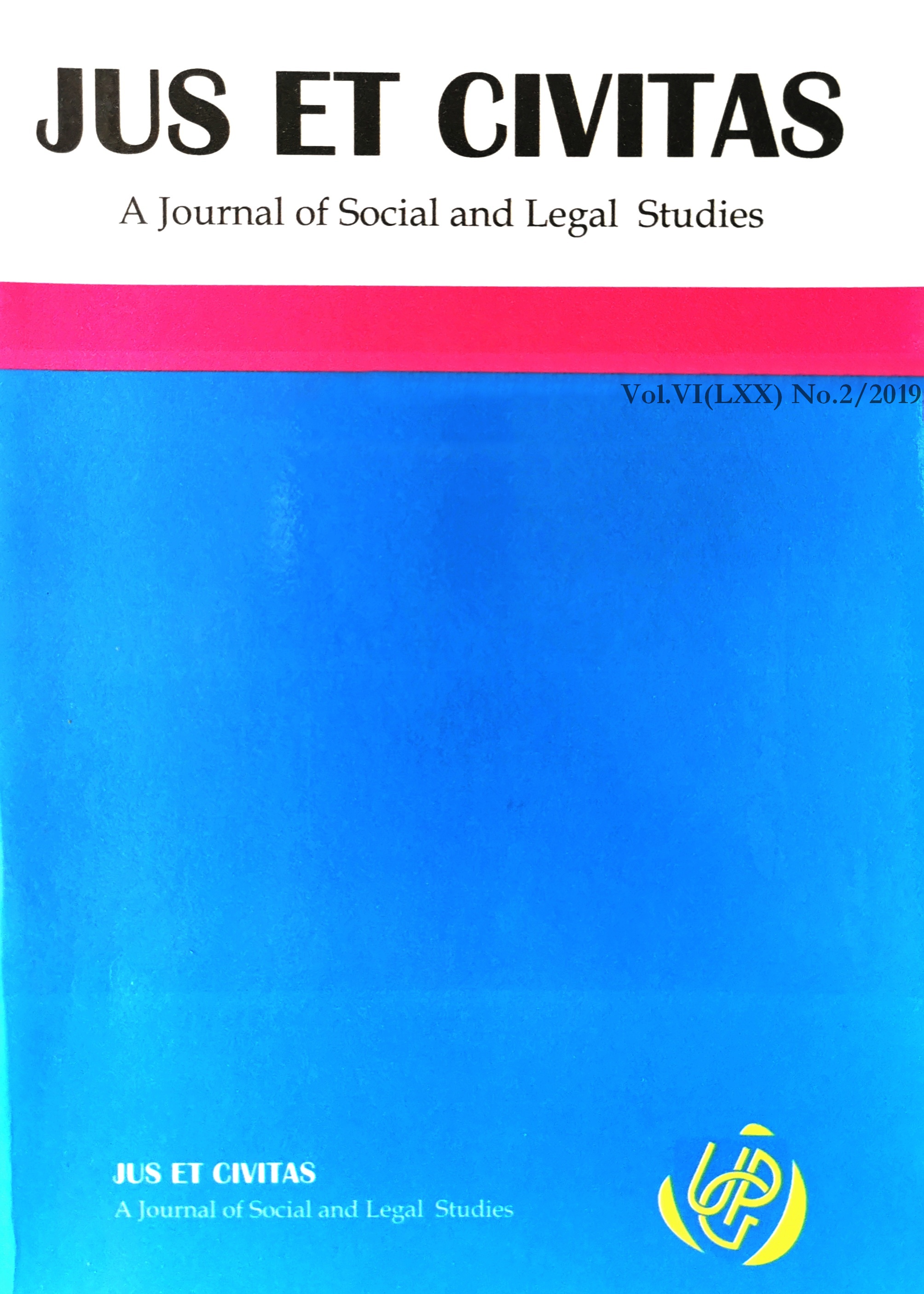LEGAL EDUCATION – DIMENSION OF THE FUNDAMENTAL RIGHT TO EDUCATION
LEGAL EDUCATION – DIMENSION OF THE FUNDAMENTAL RIGHT TO EDUCATION
Author(s): Oana ŞarametSubject(s): Human Rights and Humanitarian Law, State/Government and Education, Sociology of Education, Sociology of Law
Published by: Editura Universitatii Petrol-Gaze din Ploiesti
Keywords: fundamental right; juridical education; education system; duty of the state;
Summary/Abstract: Over time, but especially after World War II, human beings, because ultimately, whether we are woman or men, whether we are young or old, or belong to one race or another, to one ethnic group or other race, we are all human beings, they have asked for a series of rights that we have included in the most important documents with legal value to be recognized, protected and even guaranteed. But today’s human being has appreciated that those prized as inviolable, such as the right to life or the right to physical and mental integrity, are no longer sufficient, because in this way one could not speak of a true development of the human personality. This is why, among the rights of the social-economic category, the right to education or the right to scholar instruction was also enshrined. In this article we aim to identify and analyse international and constitutional regulations regarding this right, but we will also try to analyse how this right is respected by the Romanian state if we consider a fundamental duty of any Romanian citizen, as it is provided for by art. 1 paragraph (5) of the Constitution of Romania, republished, namely that of respecting the Constitution and the laws. It is almost impossible not to ask ourselves if it isn’t a fundamental duty of our state that the competent public authorities, such as the relevant ministry in the field of national education, to allow access to minimum knowledge in the legal field so that every citizen has the possibility to respect its fundamental duty mentioned above. We ask ourselves if it isn’t necessary to adapt the national curriculum to our requirements by including a discipline that gives us this minimal legal knowledge, to help us to became veritably responsible members of today’s society,
- Issue Year: LXX/2019
- Issue No: 2
- Page Range: 1-8
- Page Count: 8
- Language: English

